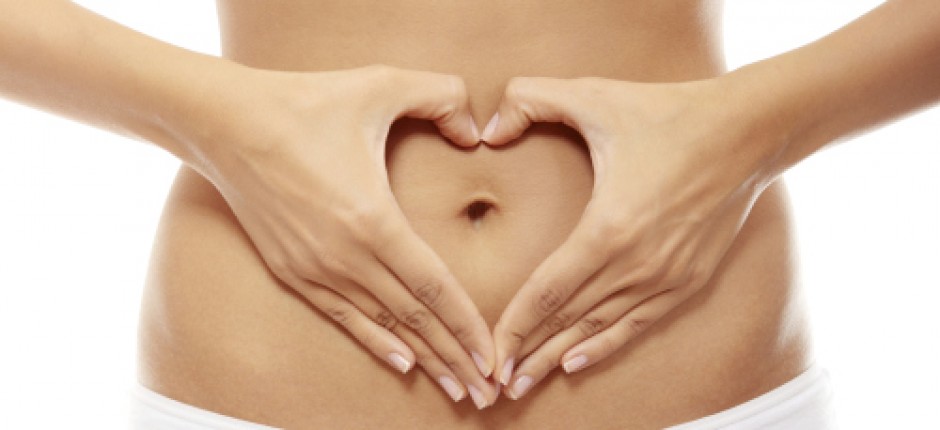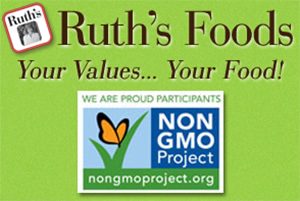Jun 11, 2015
What’s Up With Probiotics?
Bacteria. The word conjures images of cinematic proportions. Viral outbreaks, infection, pandemics! In actuality, bacteria gets dealt an unfair hand. While there are of course, millions of harmful bacteria, there are also good bacteria, vital to your body’s form and function. One such form of bacteria are probiotics, the healing, rather than harmful.
At the very least, you’ve probably seen Jamie Lee Curtis pushing probiotic yogurt on you at some point, but these good bacteria and yeasts can be confusing. Good bacteria you say? Do I need them in my diet? Is that a natural way to get them or do humans need to supplement them in their diet? The answer is slightly complex. Unless you are eating an abundance of fermented foods, it would be advantageous to add probiotics to your daily diet regimen. If you’re into that, here are some of the top probiotic, live culture containing foods:
- Plain unflavored yogurt
- Kefir
- Sauerkraut
- Miso
- Pickles
- Tempeh
- Kimchi and
- Kombucha tea.
(We love KeVita Sparkling Probiotic drinks as an alternative to dairy in the morning.)
If none of those lovely fermented foods strike your fancy, we love Ultimate Flora Probiotics. The key is to look for anything more than one billion organisms for optimal results.
Ok, great. Now you’ve actually spent money on bacteria you’re going to ingest. Now what? It sounds crazy, but the benefits of probiotics are far reaching.
The first is digestive health. Probiotics are the good yeasts and bacterias that are especially beneficial in our digestive processes. If you suffer from bloating, cramps, or any other multitude of digestive issues, it would be wise to seek out whatever form of these microbes works best for you. We all have thousands of bacteria hard at work in our digestive tracts, helping to break down food, and better absorb nutrients. The use of antibiotics, especially, kills off not only the bad, but the good as well. It is always wise to include a probiotic in your morning routine when taking antibiotics, as studies have shown that it can help maintain a healthy level of intestinal gut flora. Research has shown that probiotics can ease the symptoms of IBS, for people that suffer from a wide array of intestinal issues such as cramps, bloating, diarrhea and constipation. Even if you don’t suffer from IBS, it is a good idea to include probiotics for optimal digestive health and management.
Urinary Health.
Ah, urinary tract infections. If you’re a woman, chances are you’ve suffered through one of these at some point. They literally give new meaning to the phrase “FIRE ants in your pants”. While continually dousing them in antibiotics, especially for those with reoccurring infections, may seem the easiest route, we like to encourage prevention. The best offense is a good defense, be proactive, not reactive, you know the drill. Not to mention repeatedly downing antibiotics can, and does, build resistant strains of bacteria that will require increasingly stronger doses, which is the last thing our bodies need or want. Probiotics can actually prevent bad bacteria from entering the urinary tract in the first place, thereby warding off an initial infection. Think of them as tiny gatekeepers.
Allergies
Having never suffered from seasonal allergies, I have no basis for empathy here, but as any casual observer can tell, they can be miserable, if not crippling. “Allergy research is still preliminary, but at least one large, high quality study found a relationship between women taking probiotics during pregnancy and a 30 percent reduction in the instance of childhood eczema (an early sign of allergies) in their infants.
Researchers selected women who had a history of seasonal allergies—or whose partners had histories of allergies. The infants who received probiotics in-vitro also had 50 percent higher levels of tissue inflammation, which is thought to trigger the immune system and reduce allergy incidence.”
Women’s Health
When it comes to bacteria, pH, and a multitude of other “issues”, women fight battles men will never understand. As a woman your feminine health hangs in a precarious balance to keep it functioning optimally. If it slips even for a moment, you could be looking at UTI’s, bacterial vaginosis, and the unholy sister to the aforementioned- yeast infections. Studies have shown that L. acidophilius can actually prevent these infections from coming on, and aid in an already active infection. Again, probiotics are the tiny soldiers on your side, fighting the evils of unbalanced bacteria. Maternal health, as well, can benefit from probiotics, as infections are common in pregnant women, and bacterial vaginosis has been a contributing factor to pre-term labor.
**Always consult with your doctor before adding any supplement to your routine**














